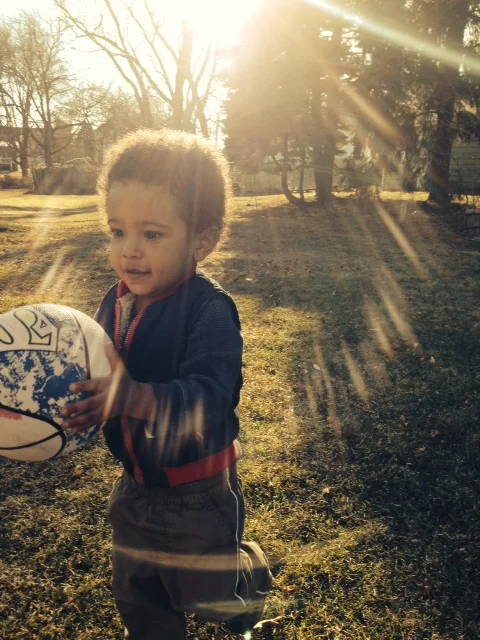One of the hardest and most wonderful things I did as a teenager was to help train my young horse, Callie. I didn’t have a lot of “horse experience” – but in a situation where you are face-to-face with or riding on top of a half-ton animal with a mind of its own, you learn rather quickly. In the years since, I have heard the term “wild horse” used as a metaphor for the untrained mind, especially in the context of prayer and meditation. It is a helpful image – and particularly meaningful for those with some “horse experience.”
One of the first things you discover when a horse comes into your life is that there is a big difference between the dream of a horse and the reality of a horse. Children dream only of the perfect horse – the one that delights in their presence, obeys their every command, and follows them adoringly around the meadow. In reality, one quickly discovers that this animal is an independent being with its own mind and personality, its own likes and dislikes, and its own instinctive appreciation for freedom. Unless you happen to have a horse that naturally loves people, you face more of an ongoing challenge than a spontaneous friendship.
Then there are the challenges of training. Books could be written about the training process and its analogies to corralling the mind. I will only mention this: When training Callie, my teacher and I learned a valuable lesson, and I’ve thought of it many times since in other contexts. We tried weeks of typical training techniques, but Callie did not respond well; in fact, she seemed more ornery and less disciplined than ever. Finally, we decided to try something different. When Callie got stubborn, we simply stopped everything. We stood still and quiet. We did not get upset or frustrated. We waited for the heart rate of horse and rider to return to normal, and then we simply continued our work. Callie responded to this. She relaxed. She was no longer on edge. She rebelled less and less. The training continued slowly, but with fewer setbacks and more understanding.
Even when Callie was fully trained, we were not always in sync. She still had her quirks. She was frightened by harmless things like deer. She refused to walk through wet mud, even if it was only an inch deep. And she always moved at a brisk clip on the way home to the barn, but at a snails’ pace as we started out on our trail rides! Callie always had her own mind – full of things like carrots, and pastures, and baby horses. The things I asked her to think about – things like following directions or venturing far from the comforts of home – were not necessarily instinctive.
I wouldn’t say that Callie and I ever fell in love. Even when she was fully trained and a bit mellowed out by mothering, she preferred the freedom of the pasture to trail rides with me. But over the years we developed a familiarity and a working relationship. I looked after her, and she tolerated me. We went about our times together with contentment and relative peace. And there were even moments of unity, when she took me places it seemed no one else had ever been, and in moments of stillness and silence, we enjoyed together the same breezes and views.
The metaphor of the wild horse works. It is like myself and my mind – and like yourself and yours. You dream of an easy mind, one that is effortlessly guided along paths and does your bidding every time. This mind does not exist. In reality, there is an ongoing push and pull that takes place as you try to control the majestic half-ton beast. Sometimes, the gentler you are, the better your results. In standing still, you can move forward. You will not ever have full mastery, because your mind would rather dream of open pastures and lazy afternoons, and maybe even baby horses. Even after some training, your mind will retain its own quirks. But you will get to know them, and you will accept them. And together your trail rides will take you through dense forests and open fields, across sunsets and into dusks. There will be incredible moments when you will both be still and look upon the same things – in quiet, fully tame, witnessing the beauty that surrounds God’s searching creatures.

